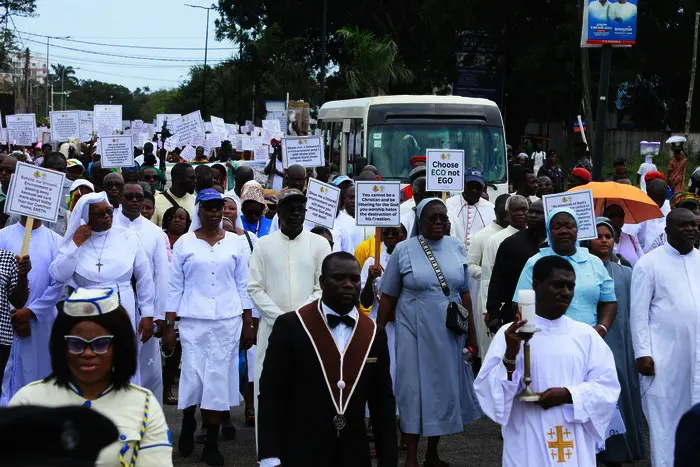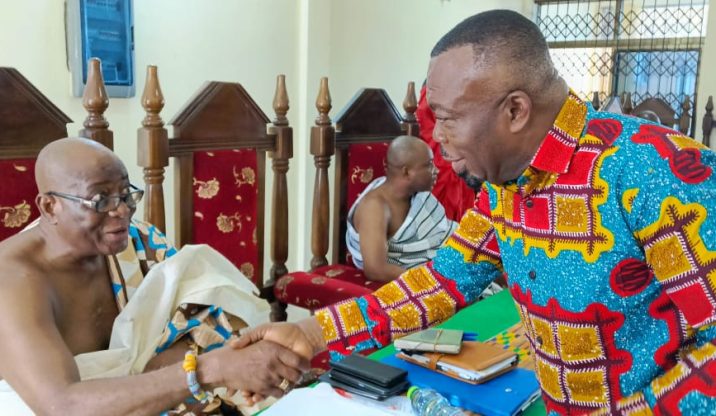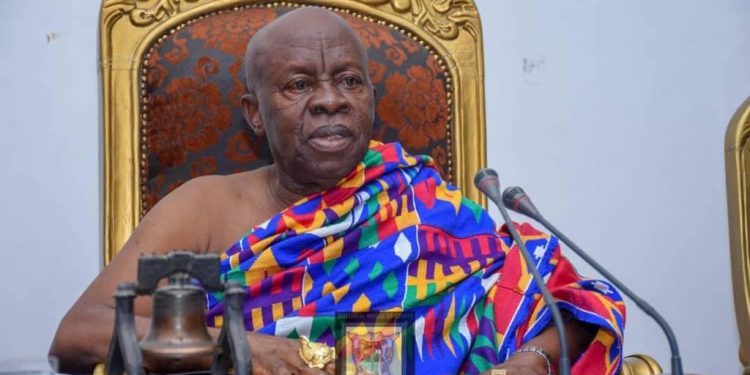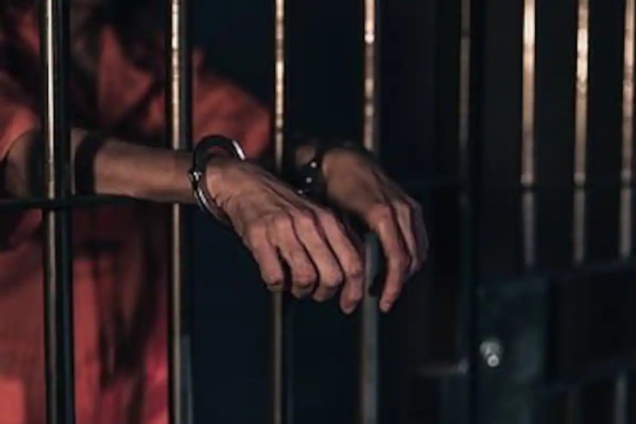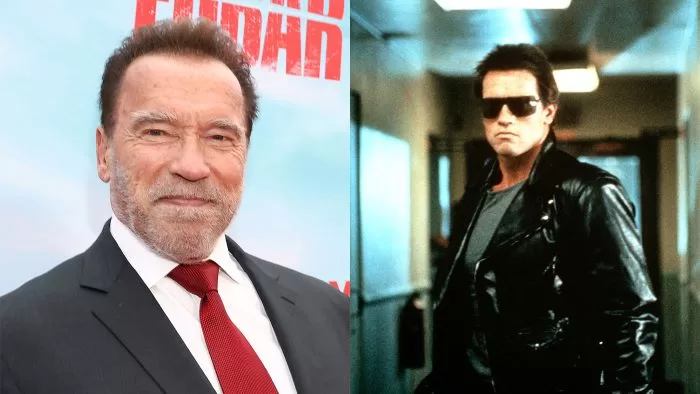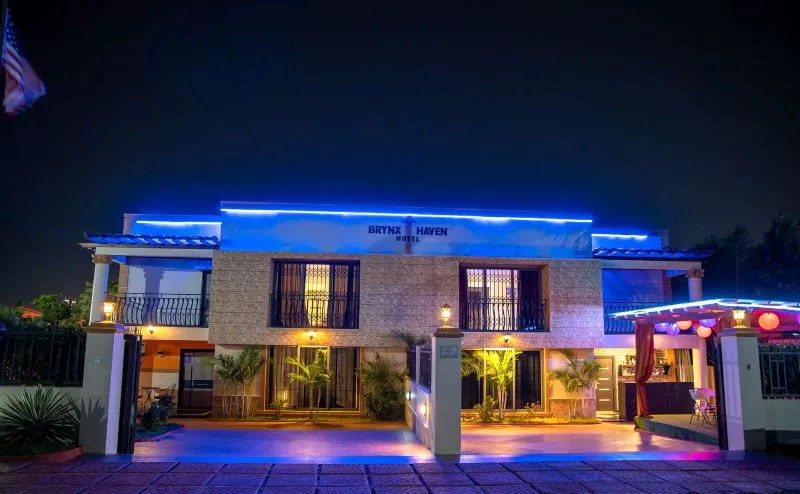Serious cracks have emerged in the prosecution’s case against Elisha Mahama Akpanyichie, the first accused in the murder of Mr. Eric Johnson, Chief Executive Officer of the Royal Cosy Hotel Limited, popularly known as Jirapa Dubai.
The accused is mounting a strong defence, arguing that the police have failed woefully to establish how he gained access to the suite of the deceased to commit the crime.
In a case that has gripped the nation, the credibility of the prosecution’s case is now under intense scrutiny following glaring contradictions in the testimonies of key prosecution witnesses regarding how Elisha allegedly entered the deceased’s locked apartment.
Contradictory Accounts Emerge
Inspector Oscar Aware Apamlea (PW5), one of the prosecution’s principal witnesses, initially told the court that the only way the accused could have entered the suite of the deceased was through a master key card allegedly provided by the second accused person, Belinda Miller, who worked at the hotel’s reception.
However, under cross-examination, PW5 shockingly altered his account, claiming instead that Elisha had “processed” the digitally generated access key to his own apartment to access the suite of the deceased — a claim defence lawyers argue is both illogical and factually impossible.
This sudden shift left even the accused bewildered. “As an ordinary layman, I am confused. Did A2 (Belinda Miller) give me the key, or did I process the key to my apartment to access the deceased’s room?” Elisha asked in his witness statement tendered in evidence.
Adding to the confusion, PW5 categorically stated that Elisha was “not part of the officers in charge of keys at the hotel”, a direct contradiction of his earlier testimony. Despite this admission, the prosecution has failed to lead any credible evidence showing how Elisha could have obtained a key to enter the deceased’s apartment, especially when the door showed no signs of forced entry.
Prosecution Witness Undermines the Case
Detective Inspector Amoh (PW6), another crucial prosecution witness, further compounded the prosecution’s troubles. In his evidence-in-chief, he stated that “the apartments in the villa, including the deceased’s room, are accessed only by use of a master key card” and that “there was only one master key card at the reception where the 2nd accused person was stationed.”
Yet under cross-examination, PW6 conceded that his investigations could not establish that Belinda Miller (A2) gave any key to Elisha. This admission fatally undermined the central argument of the prosecution that Elisha gained access to the suite with her assistance.
Adding to this, multiple staff members, including housekeeping supervisors and cleaners, had master keys, according to statements on record. The hotel reportedly had at least ten master key cards, contrary to the prosecution’s earlier claim of just one — a glaring inconsistency that raises concerns about the thoroughness and integrity of the police investigation.
No Evidence of Entry, No Evidence of Key, But Charged
If the door was not broken into and Elisha had no access to a key — a fact acknowledged by the prosecution’s own witnesses — how then could he have committed the murder? This unanswered question forms the crux of Elisha’s defence.
“The prosecution’s own evidence shows that I am not one of the officers who handled keys to the hotel or the Presidential Villa,” Elisha told the court. “I am completely innocent of the murder of Eric Johnson.”
Forensic Doubts Deepen the Crisis
Further deepening the crisis surrounding the case is the forensic evidence — or the questionable handling of it. Supt./Rtd. Isaac Okrah (PW7) claimed to have found Elisha’s footprint in the blood of the deceased. However, his forensic analysis was not conducted through the official Ghana Police Forensic Laboratory but through a privately named entity called “Forensic Yard.”
In court, the retired police officer admitted that the Police Forensic Laboratory was fully equipped to handle the analysis but failed to explain why he conducted the work privately. Even more concerning, the prosecution could not produce any documentation showing that “Forensic Yard” is registered under Ghanaian law or that Supt./Rtd. Okrah is legally authorized to operate forensic services in his private capacity after retirement.
Elisha questioned the logic behind the forensic claims, asking whether the court was expected to believe that he walked barefoot for 4.2 kilometers from his home in Akoro, scaled an electrified fence barefooted, committed the crime, and left behind a footprint — all without leaving any other trace.
“If from the prosecution’s own evidence, I did not have access to a key to open the suite of the deceased, then it follows that I could not have entered the suite, killed him, and left a fingerprint or footprint in the blood,” Elisha stressed.
A Voluntary Surrender, Not a Fugitive
Elisha also reminded the court that he voluntarily reported himself to the Sekondi Divisional Police Headquarters after hearing of the murder, acting on the advice of a senior police officer, DCOP Osei-Akoto Arthur. This, he argues, is not the conduct of someone who is guilty but rather someone ready to clear his name.
“If indeed I had murdered the late Eric Johnson, I had every opportunity to flee but I did not,” Elisha told the court.
A Case on Shaky Grounds
As the trial progresses, the defence continues to hammer at the contradictions and procedural flaws in the prosecution’s case. With no clear evidence of how the accused allegedly accessed the deceased’s room, coupled with questionable forensic practices and changing witness testimonies, the foundation of the case appears increasingly shaky.
Legal analysts following the trial say the outcome could have far-reaching implications — not only for the accused but also for the credibility of police investigations and the administration of justice in Ghana.
For now, the man accused of murdering the CEO of Jirapa Dubai stands firm in court, repeating the words that could echo beyond the walls of the Wa High Court, “I was framed”.
The post Jirapa Dubai CEO murder: Police accused of framing suspect as they struggle to prove key access appeared first on Newstitbits.



